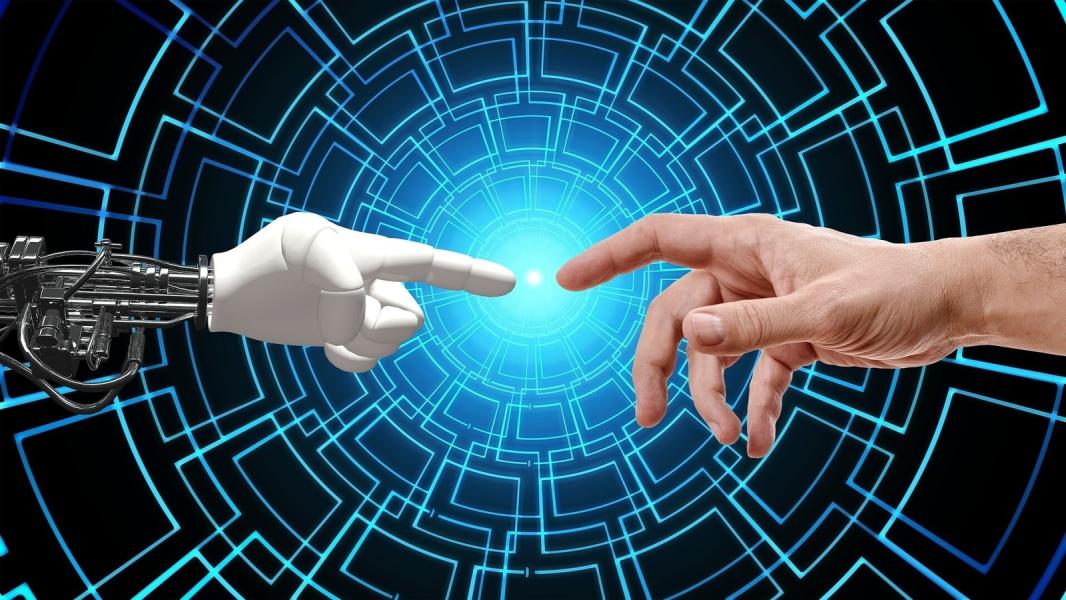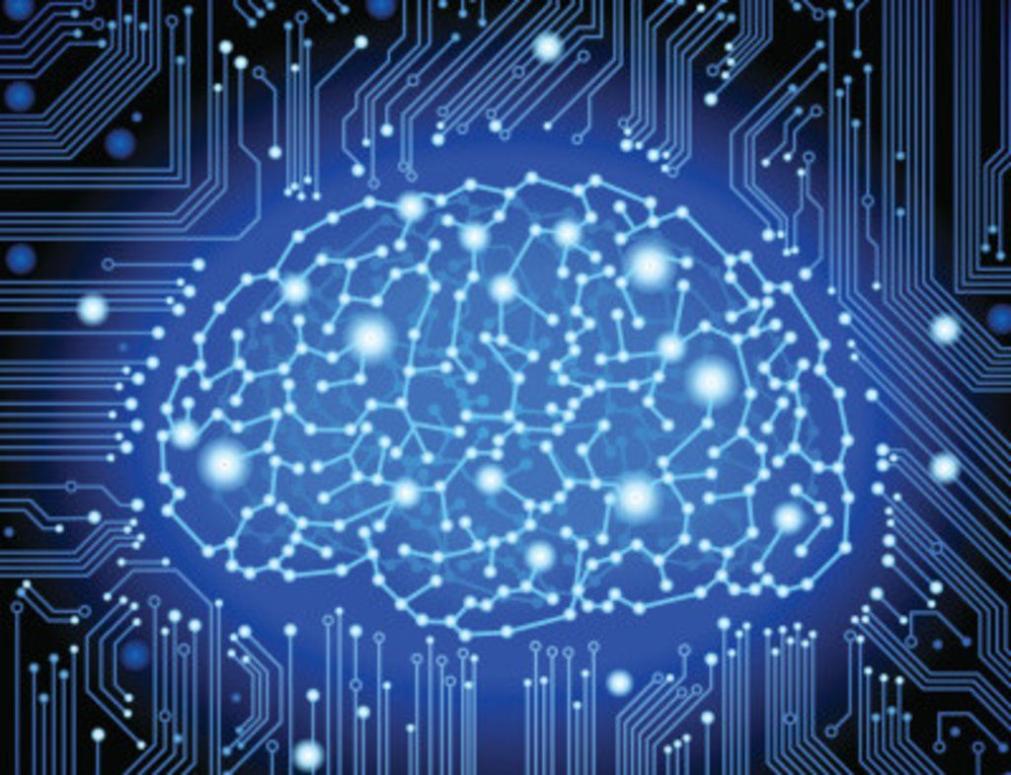Unveiling the Potential of Artificial Intelligence for Automating Repetitive Tasks
In today's rapidly evolving technological landscape, artificial intelligence (AI) has emerged as a transformative force, revolutionizing industries and redefining the way we work. AI encompasses a wide range of technologies, including machine learning, natural language processing, and computer vision, which have the potential to automate repetitive tasks, enhance productivity, and drive innovation across various sectors.

Understanding Repetitive Tasks
Defining Repetitive Tasks
Repetitive tasks are those that involve a predictable sequence of steps, often requiring minimal cognitive effort and creativity. These tasks are typically characterized by their routine nature, high volume, and the potential for automation.
Prevalence Of Repetitive Tasks
Repetitive tasks are prevalent in a wide range of industries and sectors, including manufacturing, healthcare, customer service, data entry, and administrative work. These tasks often consume a significant portion of an employee's time, diverting resources away from more strategic and value-added activities.
Challenges And Limitations Of Manual Repetitive Tasks

Manual repetitive tasks can be tedious, error-prone, and time-consuming. They can lead to decreased productivity, employee dissatisfaction, and increased operational costs. Additionally, the accuracy and consistency of manually performed repetitive tasks can be highly variable, leading to potential quality issues and compliance risks.
The Role Of AI In Automating Repetitive Tasks
Leveraging AI Technologies For Automation
AI technologies, such as machine learning and natural language processing, offer powerful capabilities for automating repetitive tasks. Machine learning algorithms can be trained on large datasets to identify patterns and make predictions, enabling them to perform tasks such as image recognition, text analysis, and anomaly detection. Natural language processing allows AI systems to understand and respond to human language, making them suitable for tasks such as customer service, language translation, and content generation.
Examples Of AI-Powered Automation
- In manufacturing, AI-powered robots are used for tasks such as welding, assembly, and quality inspection, increasing productivity and reducing the risk of errors.
- In healthcare, AI systems are used for tasks such as medical image analysis, disease diagnosis, and drug discovery, improving patient care and accelerating research.
- In customer service, AI-powered chatbots and virtual assistants handle customer inquiries, providing 24/7 support and resolving issues quickly and efficiently.
Advantages Of Using AI For Automation
- Improved accuracy and efficiency: AI systems can handle large volumes of repetitive tasks quickly and accurately, freeing up human workers for more strategic and creative endeavors.
- Reduced costs: AI-powered automation can significantly reduce labor costs associated with repetitive tasks, leading to cost savings and improved profitability.
- Enhanced accuracy and quality: AI systems can eliminate human errors, ensuring consistent and high-quality output, reducing the risk of defects and rework.
- Improved compliance and risk management: AI can help organizations adhere to regulations and standards, reducing risks and ensuring compliance with industry-specific requirements.
Benefits Of Automating Repetitive Tasks With AI
Increased Productivity And Efficiency
AI-powered automation can significantly increase productivity and efficiency by handling large volumes of repetitive tasks quickly and accurately. This frees up human workers to focus on more strategic and creative endeavors, leading to increased innovation and value creation.
Reduced Costs
AI-powered automation can reduce labor costs associated with repetitive tasks, leading to significant cost savings. This can improve profitability, enhance competitiveness, and allow organizations to reinvest in other areas of their business.
Enhanced Accuracy And Quality
AI systems can eliminate human errors, ensuring consistent and high-quality output. This can lead to improved product quality, reduced rework, and increased customer satisfaction.
Improved Compliance And Risk Management
AI can help organizations adhere to regulations and standards, reducing risks and ensuring compliance with industry-specific requirements. This can mitigate legal and financial risks, enhance corporate governance, and build trust with stakeholders.
Challenges And Considerations
Ethical Implications
The use of AI for automation raises ethical concerns related to job displacement, privacy, and bias in AI systems. It is important to address these concerns and develop ethical guidelines to ensure that AI is used responsibly and for the benefit of society.
Data Quality And Availability
The effectiveness of AI-powered automation relies heavily on the quality and availability of data. High-quality data is essential for training AI models and ensuring accurate and reliable results. Organizations need to invest in data collection, cleaning, and management to ensure that their AI systems have access to the necessary data.
Implementation And Integration
Integrating AI systems with existing infrastructure and processes can be challenging. Organizations need to carefully plan and execute the implementation of AI solutions to ensure seamless integration and minimize disruptions to operations.
Cybersecurity And Data Security
AI systems handle large amounts of sensitive data, making them potential targets for cyberattacks. Organizations need to implement robust cybersecurity measures to protect data from unauthorized access, theft, or manipulation.
Artificial intelligence has the potential to revolutionize the automation of repetitive tasks, transforming industries and redefining the way we work. By leveraging AI technologies, organizations can unlock significant benefits, including increased productivity, reduced costs, enhanced accuracy and quality, and improved compliance and risk management. As AI continues to evolve, we can expect to see even more innovative and transformative applications of AI-powered automation in the years to come.
YesNo

Leave a Reply